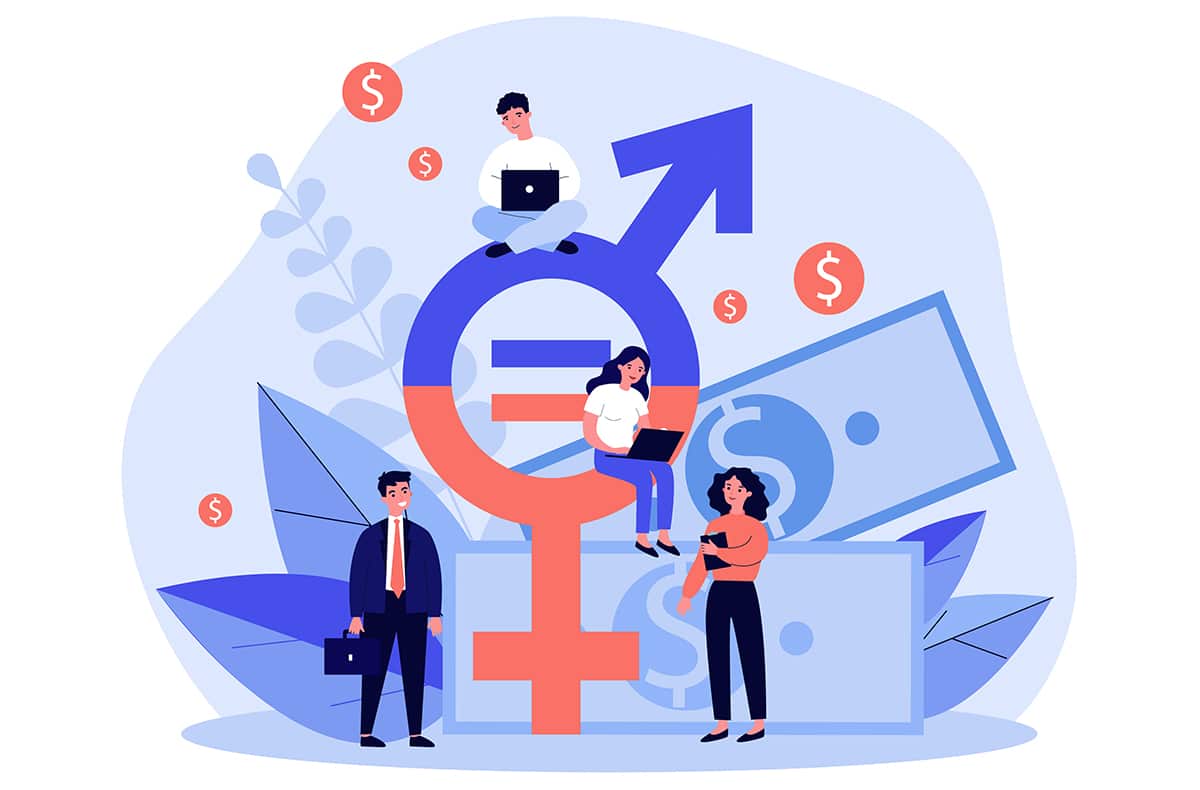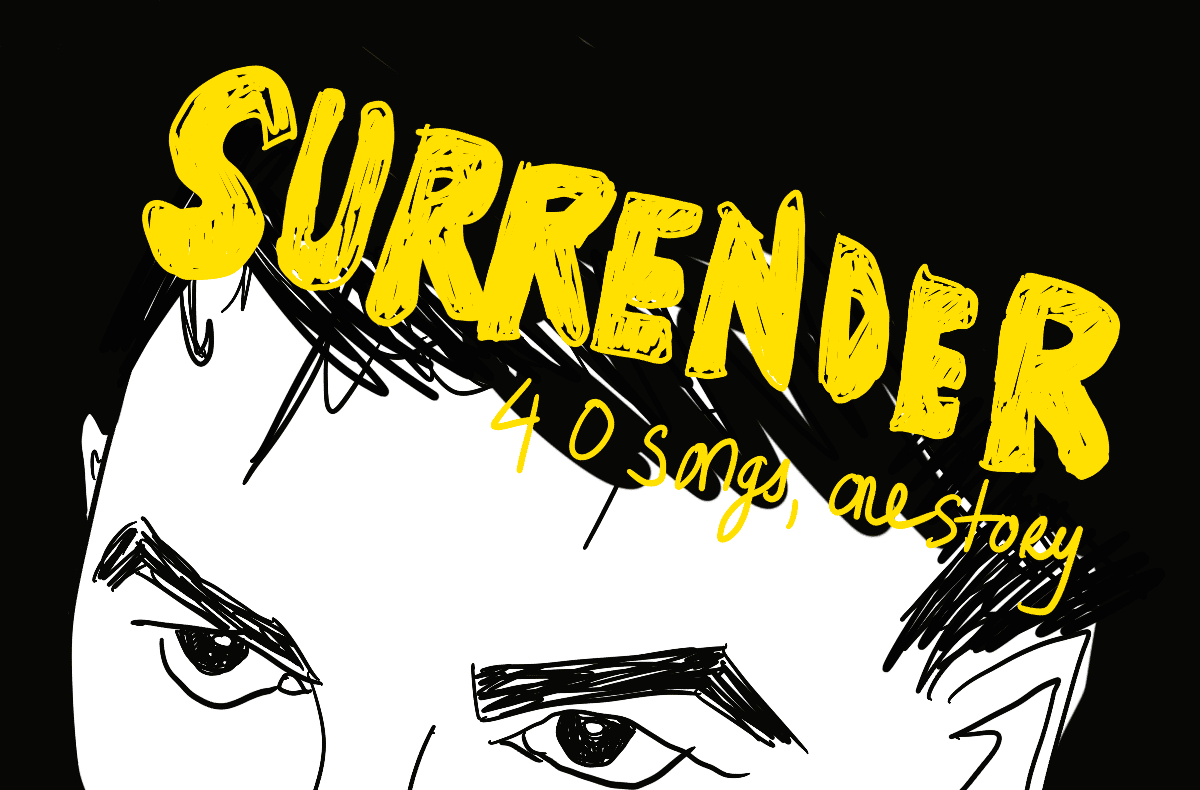
In the basement rave room of a stately home in Dorset, UK, the woman-identifying person came up to me and gave me my best review in years. “That was such an amazing act of allyship,” she shouted over the techno, enveloping me in a close hug.
First time that’s ever happened. Let me explain.
My summers seem to be occupied these days by ornate festivals of ideas, nestled in contexts of lush R’n’R. This one was called Realisation, replete with multidisciplinary thinkers musing on “a time between worlds,” while wandering the spectacular grounds of the latest Earl of Shaftesbury.
As REM might quip: it’s the end of the world as we know it, and I’m feeling fine, thank you very much.
But we should at least rehearse strategies for avoiding it. So earlier that day, I found myself in a stripped-brick conference room, actively involved in a strategy game called “The Antidebate”. At one point, the invitation was made to take a “stand” on an issue arising (inviting others to gather behind you.)
It was a bit of a leap and a gulp, but I decided to stand for “men stepping down from leading positions when they perceive there to be a gender imbalance in the situation.”
Nearly half the room, evenly mixed, lined up with me. Then someone else stood forward, and made a “stand” for “women, minorities and other identities stepping directly into power roles, either existing or new.”
We gazed at each other — she was an old friend, the writer Madeleine Bunting — and then the game moved on to its next stage. Yet praise for my “allyship” wasn’t the only reaction. Others came to me later and asked, with some annoyance, “why didn’t you go over and merge with Madeleine’s crew? Why did you stay where you were?”
There’s a headiness to these kinds of events that rarely survives one’s attendance. But these two reactions to my stand have lingered with me. Why did I want to hold my position? Was it “allyship” with women, or was it just another flavour of male egoism?
Please understand that I’ve been asking myself these kinds of questions all my adult life. This isn’t some late-stage shakedown by the armies of woke.
In the early 80s, I escaped from a macho working-class school environment to Glasgow University and was taken in hand by a cadre of young campus feminists. Their schooling in Dworkin and McKinnon fused well with my own cut-the-tall-poppy-down experiences. They gave me names — “patriarchy” and “sexism” — for what I’d always known was there.
In my later UK music career in the late 80s/early 90s, I had hit songs that focused on women leaving abusive relationships, the need to shake up male pathology, even anticipating non-binary gender relations (“I defy inhibition, escape definition, I refuse, I refuse,” went one chorus.)
I’ve hung onto that line from the old Greenham Common song — “shall there be womanly times or shall we die?” — all the way to the present. A present in which dominant systems of power are still led by large majorities of men, whether finance (76%), technology (74%), politics (65%), and vanishingly small in the armed forces.
Modernity is careering towards a precipice — and I’m entirely ready to accept that masculine leadership has massively steered us there.
So “allyship” with those wanting to bring about non-patriarchal times is something I’m up for. But what I remember about my “stand” at Realisation is a very clear emotion: I must be able to turn around and talk to men, as a man, about their responsibilities. And to some degree, their frustrations and difficulties about stepping up.
“Boo-hoo,” some of you might already be saying. But really, it isn’t easy being a straight white Western male at the moment. The hardest part? Realising what’s been inescapably baked into you.
My own shock-moment is to go through a day of surfing, pleasantly sifting ideas and chasing predilections through the digital cornucopia. And then I suddenly realise that the gender balance of voices I’ve been happily sampling is around three-quarters dude-tastic. That’s the percentage — and it’s sometimes worse — which I’ve just been sniffy about in traditional power structures (even though I think of myself as an impeccable bobo).
It’s possible to consciously correct matters. When I’m doing media punditry or public panels, I’ve stepped down (and suggested a female alternative) if it looks like it’s going to be wall-to-wall blokes. I’ve called a halt to organisational meetings if it turns out we’re in an all-male room. What kind of correct decision about anything could be made, if half the species isn’t there?
None of this feels like a concession to anything. The idea of living in genuine partnership with women, publicly and privately, is a joy to me. But it’s a caution to see how easily men can surround themselves with men. Despite the best of intentions — and good reviews.



